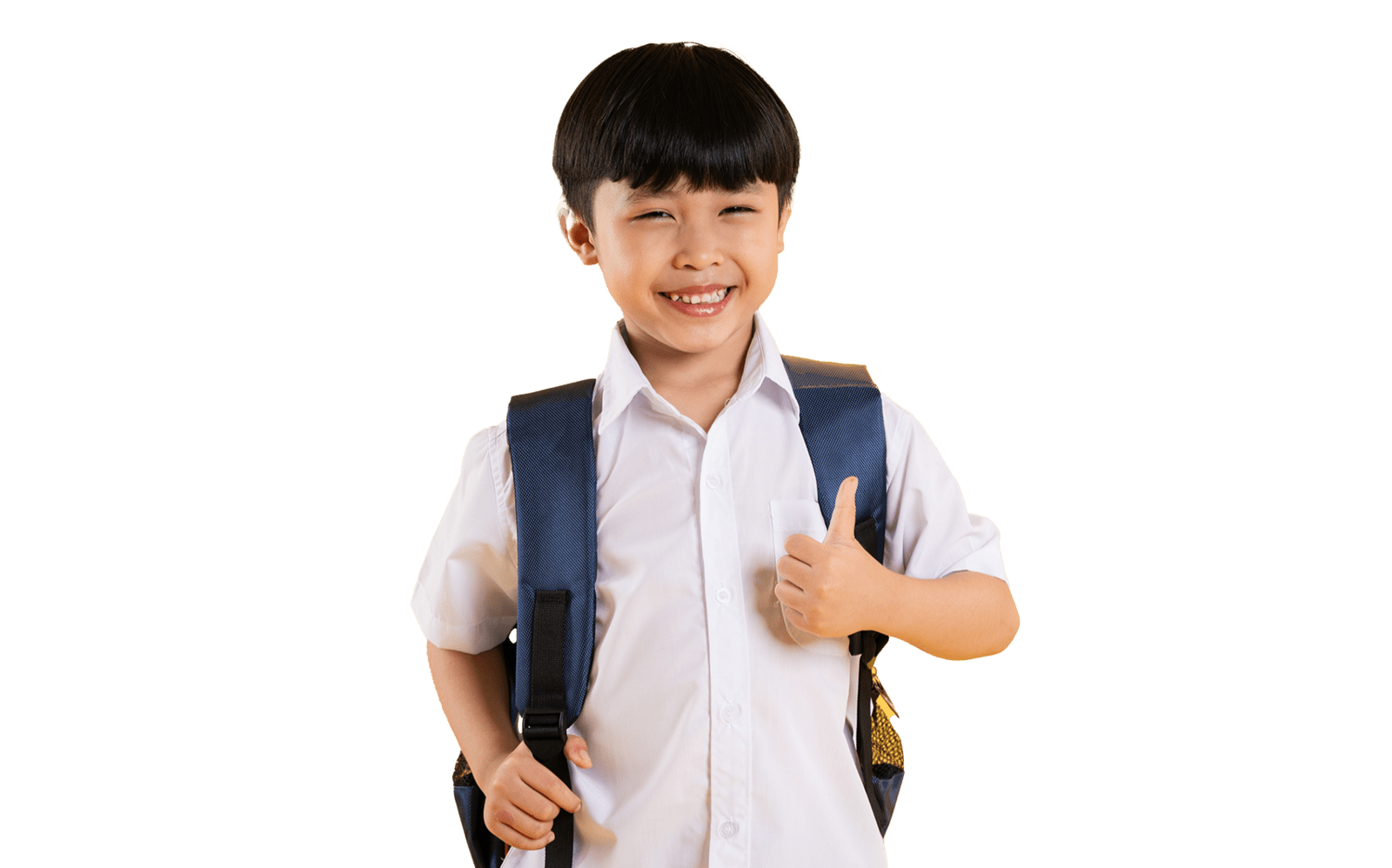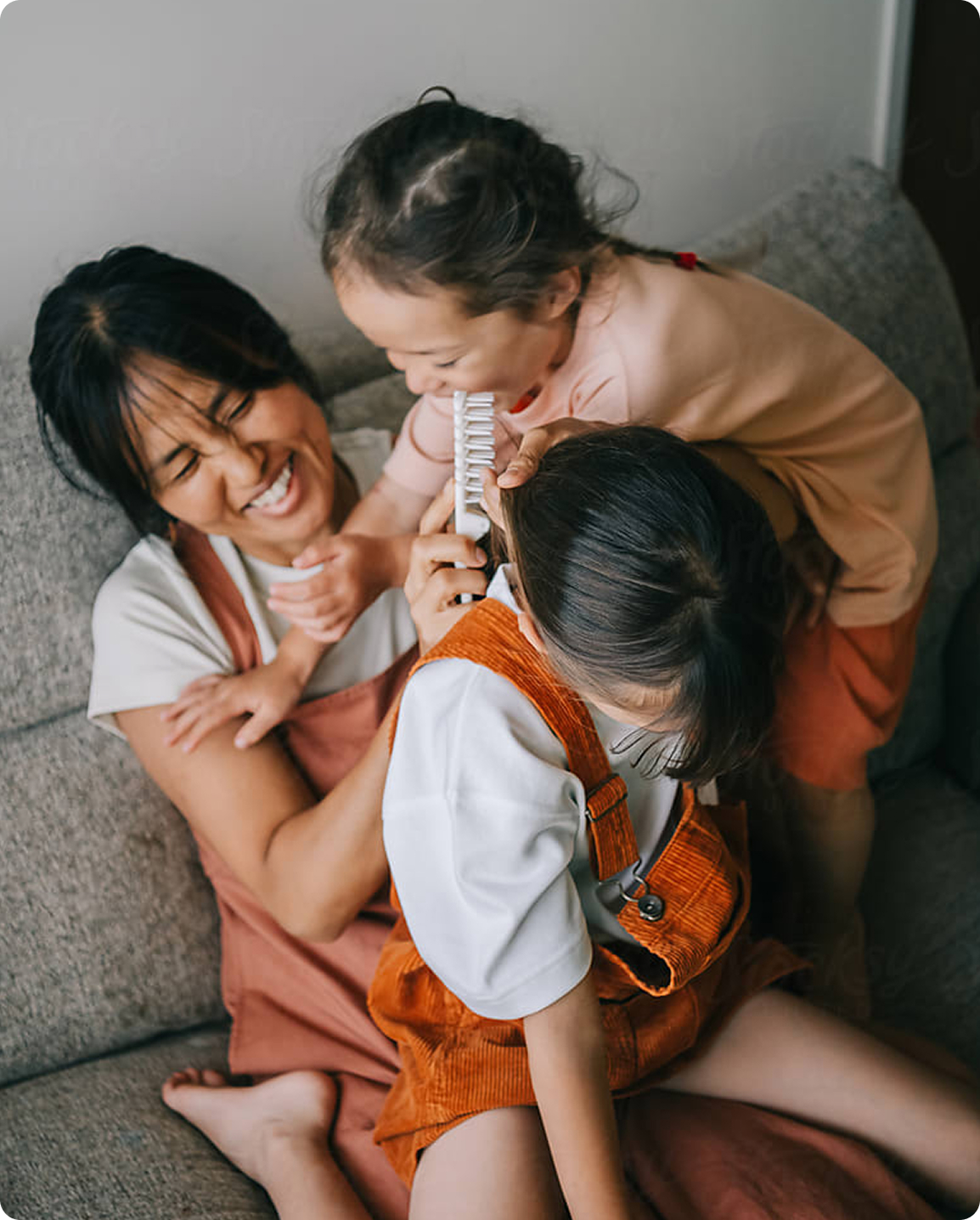Starting school is a big deal! Your child is entering a stage they’ll be in for over a decade—attending formal education. During this time, they’ll learn math, language arts, science, etc. They’ll also learn how to function as part of a larger society building interpersonal skills, responsibility and communication. Beyond considering what the best way to budget and save for your child’s education is long-term, you might be a bit nervous about helping them navigate their new classroom dynamics.
Kindergarten readiness is a bit of a myth—there’s rarely an expectation that children start kindergarten with academic skills. Most kindergarten programs are play-based, designed to accommodate children from diverse backgrounds and education levels. This approach ensures that every child can learn and grow at their own pace. That said, there are still some ways to help ease your child’s transition. Here are a few tips.
Read More:
Practice independent tasks
Kindergarten classes can be big, and while the teacher will offer to help as much as possible, it’s ideal if your child can handle some of these simple tasks independently. Motivating your child to flex their independence with regular daily tasks like choosing a book or toy to play with, putting their things away, or getting ready for nap time. This will boost your child’s confidence helping them to feel empowered when navigating the same tasks at school. As things calm down, they become more accustomed to their new routines and naturally start paying more attention.
Whether they become a film director or content creator.
Work on those bathroom skills
Most kindergarten programs require your child to be fully potty trained. The summer before school starts is a great time to reinforce these skills and ensure they have the basics down, such as flushing, cleaning up, and washing their hands afterwards. Just in case, most teachers will recommend that you send a change of clothes to school anyway, which is helpful for accidents, but also classroom messes or active outdoor play.
Visit the school
Many kindergarten classes will host an open house or welcome event. This is a good opportunity to introduce your child to their new teacher and let them see their classroom. This session is often quite hands-on for kids, allowing them to explore the different activity stations and try out some toys. It also gives you the chance to ask any pressing questions, which can help you and your little one feel more comfortable starting school.
Set them up for success!
Label their belongings
Kindergarten classes can be large, and many parents shop at the same places for coats, rain boots and hats. To avoid losing or mixing up your child’s belongings, apply name labels to the inside of their clothes, lunch containers and accessories. This simple step keeps things organized and helps your child start recognizing their name! And when things inevitably go missing, it’s much easier for the teachers to track who it might belong to.
Be patient, positive and encouraging!
Kindergarten can be a tough transition for some kids. They may not be used to being one of a crowd, or may just prefer the daycare setting they’ve grown accustomed to. However, kindergarten is a safe space for them to learn self-regulation, self-sufficiency, and conflict-resolution skills. If they come home frustrated or upset, give them space to express their emotions and work on solutions with them.
Rest assured that for most kids, kindergarten will be a fun and enjoyable experience where they can assert their independence and start on their educational journey. They will have the opportunity to make new friends, explore new activities, and learn exciting things. You may be surprised at how quickly they pick up on their letters and numbers. They have a great year ahead!
RESP Quick Facts

Embark is Canada’s education savings and planning company. The organization aims to help families and students along their post-secondary journeys, giving them innovative tools and advice to take hold of their bright futures and succeed.



